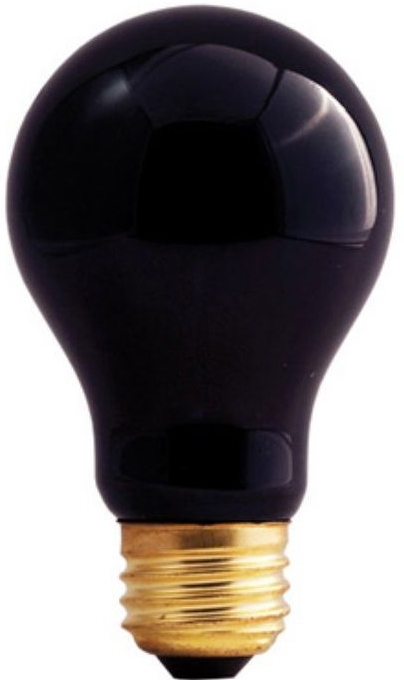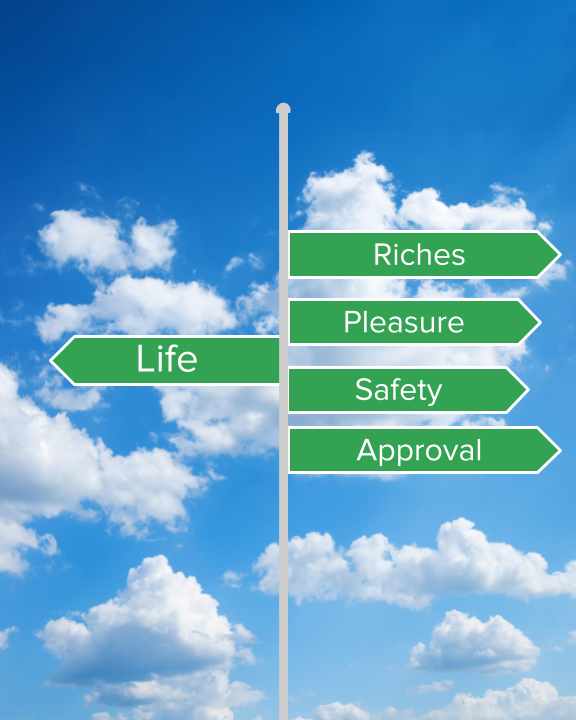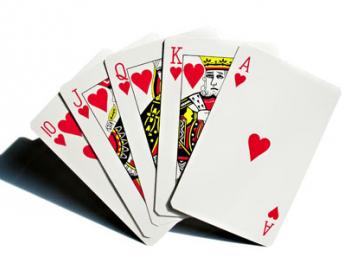I used to have a recurring nightmare. I’d enter a dark room where I sensed a malevolent  presence. Instinctively, I’d flip the switch on the wall, but the light wouldn’t respond. Fear would grip my heart as I vainly repeated my attempts to shed light on whoever or whatever approached me in the darkness. It’s been quite some time since I’ve had that dream, but it still haunts me whenever I read Jesus’ words recorded in Matthew 6:22-23.
presence. Instinctively, I’d flip the switch on the wall, but the light wouldn’t respond. Fear would grip my heart as I vainly repeated my attempts to shed light on whoever or whatever approached me in the darkness. It’s been quite some time since I’ve had that dream, but it still haunts me whenever I read Jesus’ words recorded in Matthew 6:22-23.
The eye is the lamp of the body. If your eyes are healthy, your whole body will be full of light. But if your eyes are unhealthy, your whole body will be full of darkness. If then the light within you is darkness, how great is that darkness!
Can you imagine walking into a dark room and flipping the switch only to discover that the bulb emitted darkness? That image might be hard to visualize (no pun intended), but we need to grasp the reality behind Jesus’ metaphor because it illustrates a living nightmare from which many will never awaken.
To understand the reality behind Jesus’ figurative language here, we need to look at the broader context. In both this passage and the parallel one in Luke 11:33-36, this warning comes embedded between a rebuke of Pharisaic hypocrisy and exhortation to disciples regarding their treatment of money. The Pharisees knew the Torah, but rather than shedding light on them, it further darkened their hearts. Rather than see Christ in their scriptures, they used them as rationale to reject Christ. How terrifying!
Two people can encounter the same light, but one will be illumined and the other darkened. What accounts for this difference? Someone might say that the Pharisees were blinded by hypocrisy, but I disagree. I would say, rather, that hypocrisy is blindness the cause of which lies in something more apparent.
In both the Luke and Matthew passages, the word translated “healthy” referring to our eyes literally means, “generous” in the original language. The word translated, “unhealthy” means, “stingy.” Could it be that generous people come at divine revelation without the same bias that stingy people do? Could it be that stingy religious people come to interpret scripture in ways that alleviate their obligation to the poor?
In the very next verse of Matthew 6, Jesus says this:
No one can serve two masters. Either you will hate the one and love the other, or you will be devoted to the one and despise the other. You cannot serve both God and money.
Stingy people want to keep what they have and they also want what God gives. So, they tell themselves that they can have both in spite of the teaching of the book they claim to revere. This self deception colors all future revelation in dark hues of greed so that when a penniless itinerant rabbi calls them out, they have no trouble putting him to death on a cross. Or at least putting him on a distant crucifix hung in their lavish dwellings.
Justice, mercy, and compassion comprise the soul of religion. Without those, religion devolves into self-referential ritual and incantation offered to appease the whim of a deity just as self-interested as his worshipers. Prohibition and prescription become the essence of a soulless shell. Those who violate the crucial minutia must pay for the religious leaders’ justifications.
The Pharisees in Jesus’ day embodied wicked religion. The passage directly following Luke’s telling of the illustration of eye health goes like this:
When Jesus had finished speaking, a Pharisee invited him to eat with him; so he went in and reclined at the table. But the Pharisee was surprised when he noticed that Jesus did not first wash before the meal.
Then the Lord said to him, “Now then, you Pharisees clean the outside of the cup and dish, but inside you are full of greed and wickedness.You foolish people! Did not the one who made the outside make the inside also? But now as for what is inside you—be generous to the poor, and everything will be clean for you.” (Luke 11:37-41)
While the Pharisees have gone down in infamy, they hardly hold a monopoly.
Why do the people who seem most up in arms about prayer in the schools or the imposition of “biblical values” on society seem to almost always advocate against programs designed to alleviate the suffering of the poor?
Amazing grace is truly a sweet sound, but it strikes a sour note in the mouth of the stingy. Without generosity, “grace” clangs and bongs in the ears of a lost world. Greedy religious people deceive themselves most of all and, so, ever deepening darkness falls over their eyes. For, nobody can truly believe themselves a saved wretch, lost now found, and remain a lover of money. Those who count grace God’s indescribable gift no longer regard material things with a covetous eye.
They were blind,
but now they see.


